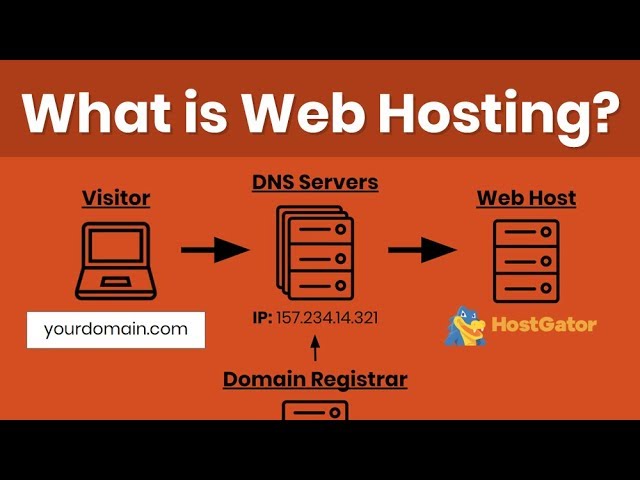DNS and Web Hosting Explained
When it comes to setting up a website, there are two key components that are crucial to understand: DNS and web hosting. These two elements work hand in hand to ensure that your website is accessible to the world wide web. In this article, we will take a closer look at what DNS and web hosting are, how they work, and why they are essential for creating and maintaining a successful website.
What is DNS?
DNS, or Domain Name System, is like the phone book of the internet. It translates human-readable domain names (such as www.yourwebsite.com) into machine-readable IP addresses (such as 192.168.1.1) that computers use to communicate with each other. When you type a domain name into your web browser, DNS is responsible for finding the corresponding IP address so that your request can be directed to the correct web server.
Think of DNS as the middleman between you and the server where your website is hosted. Without DNS, the internet would be a confusing maze of numbers that would make it impossible for us to navigate the web with ease.
How Does DNS Work?
When you register a domain name for your website, you are required to provide the domain registrar with the IP address of the web server where your website is hosted. The registrar then updates the DNS records for your domain to associate your domain name with the correct IP address.
When a user types your domain name into their web browser, their device sends a request to a DNS server to look up the IP address associated with that domain. The DNS server then returns the IP address to the user’s device, allowing the web browser to load the website from the correct server.
What is Web Hosting?
Web hosting is a service that allows individuals and organizations to make their websites accessible via the World Wide Web. Web hosting companies provide the technologies and server space needed to store and manage websites. When you sign up for a web hosting service, you are essentially renting space on a server where your website’s files are stored.
There are different types of web hosting services available, including shared hosting, VPS hosting, and dedicated hosting. Each type of hosting comes with its own set of advantages and limitations, depending on the size and needs of your website.
Why is DNS and Web Hosting Important?
DNS and web hosting are essential components of running a website. Without DNS, your domain name would not be able to resolve to the correct IP address, making your website inaccessible to users. Without web hosting, there would be no place to store your website’s files and data, making it impossible for users to access your website.
By understanding how DNS and web hosting work together, you can ensure that your website is always up and running smoothly. Whether you are setting up a personal blog or an e-commerce store, having a good grasp of DNS and web hosting is key to building a successful online presence.
In conclusion, DNS and web hosting are vital components of creating and maintaining a website. By understanding how they work and why they are important, you can ensure that your website is accessible to users around the world. So next time you visit a website, remember to thank DNS and web hosting for making it all possible!
